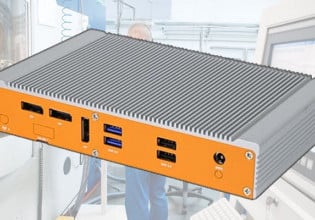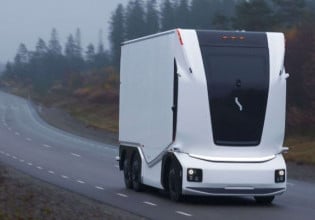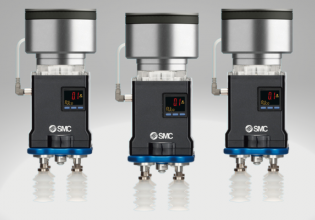Mass Unit Conversion Calculator
Understanding weights and masses is critical for designing proper payload systems in robotic systems. Use this simple converter to match metric and imperial units for integrity of your designs.
Enter an original mass value and original unit system:
Select up to two output units and click 'Calculate' to view equivalent mass values:
Mass vs Weight
The values of mass and weight are often confused. According to the standard high school or college physics texts, the kilogram is a mass unit while pounds is a weight measurement. Although this is technically correct, the difference is only significant if similar measurements are made with gravity changing between measurements. In control systems engineering, the gravity is nearly equal at all times, and so the accepted standard for mass and weight on earth are identical. Kilograms is the standard for metric and pounds for the imperial system.
Kilogram to Pound (kg to lb) Estimate
A quick estimate of the conversion between kg and lb shows that 1 kg is a little over 2 lb. This means that any motion system with a payload capacity (consider a 6-axis robot arm) with a stated capacity of 10 kg would be capable of lifting a bit over 20 lb. Although a detailed calculation is important for design, this quick estimate can be helpful in identifying systems or components which will obviously not fit design requirements.
Mass Measurement in Space
For industries involving space travel, the distinction between mass and weight would be more significant, and therefore, more attention to consistency should be encouraged. Mass would be measured on a scale as compared to an item of equal mass, therefore, the amount of gravity would have no effect on the balance of the scale. Weight, by contrast, is compared to the gravitational pull on earth, so an item that has a certain weight on earth would be a far different weight after traveling to space.
Related Content:
Textbook
- Stoichiometry and the Law of Mass Conservation
- True Mass Flowmeters
- Weight-Based Level Measurement
- AC Motor Braking
Articles






